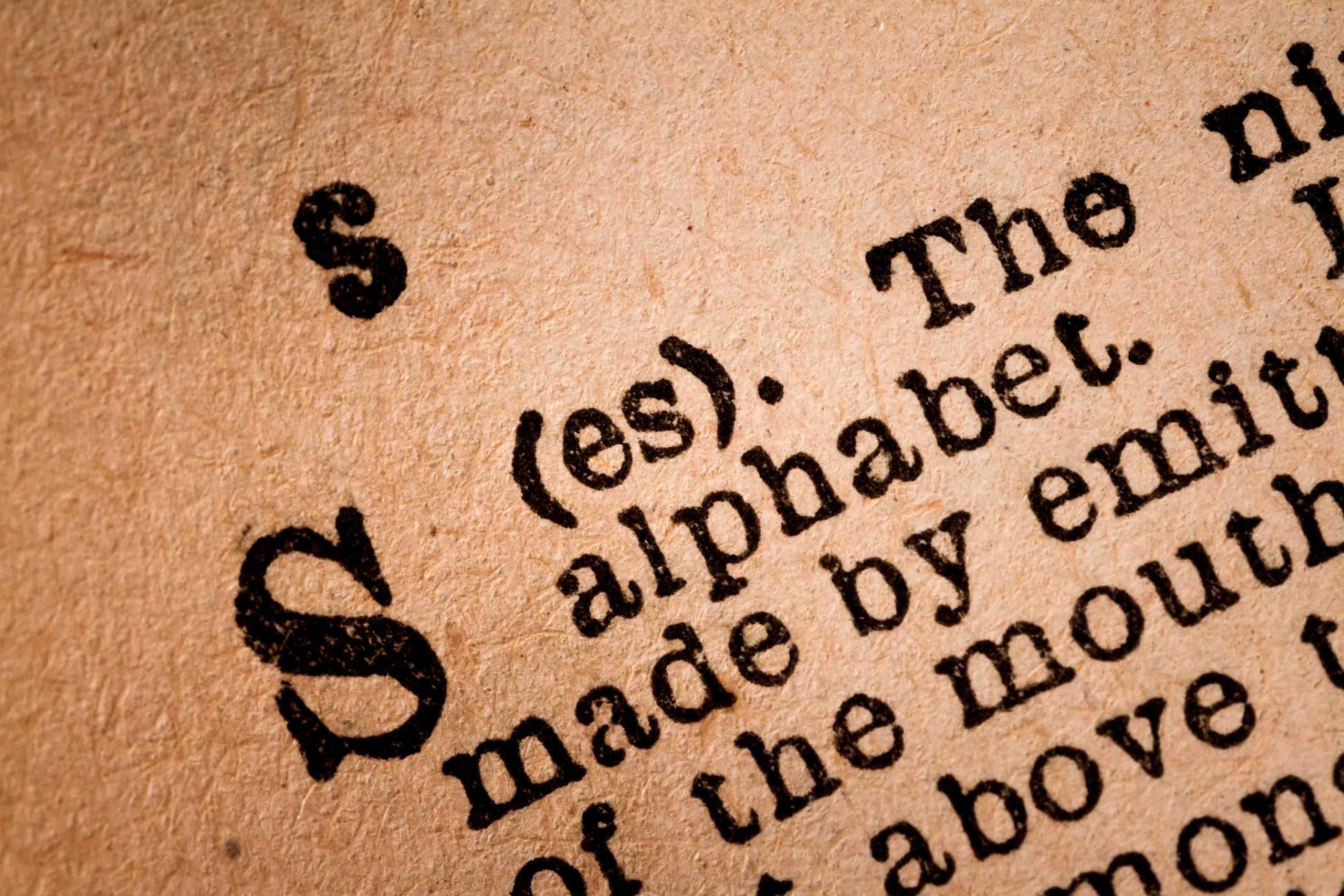As someone who has been teaching English to native Spanish speakers for several years now, my ear has been particularly exposed to the influence Spanish pronunciation can sometimes have on English pronunciation. I have been able to pick up on some of the sounds I often hear my students mistaking. It’s normal, English can be confusing. There’s a lot of rules, and so many exceptions, it can be a bit overwhelming when trying to learn it. There are some key differences between English and Spanish that make it even trickier. Spanish is a phonetic language, so oftentimes what you see on paper is exactly what you’ll hear being said. Unfortunately, English doesn’t work that way, most of the time the spelling and pronunciation don’t match. So naturally, Spanish speakers use their own words and phonetic rules as a crutch, and often times end up pronouncing the English word as if it were a Spanish word.
Accents and Pronunciation
Accents can be charming, it says a bit about someone’s story, it can tell you where a person is from and where they have been. You hear these things in someone’s voice and the way they piece words together. Although, certain pronunciation mistakes can change the meaning that the messenger is trying to convey, that can sometimes get someone into trouble. If you’re someone communicating in a language that isn’t your native or dominant tongue, your goal is to be an effective communicator in that language. It’s difficult when you’re making mistakes that don’t allow you to get your point across.
Why are accents difficult?
It’s normal to make pronounciation mistakes when speaking a language other than your native one, you’re making sounds you don’t normally make and sometimes having to change the structure of the way you would normally say things. Each language has it’s own set of rules and it’s rhythm, so depending on the similarities of two languages will determine the level of difficulty for pronunciation. When learning a language at school, pronunciation is often not properly taught. A lot of time is dedicated to vocabulary and grammar, and pronunciation often gets very little attention. Exposure to the verbal language is very important, you have to be able to listen and identify the sounds of a language before you can produce them. Pronunciation is a skill, it’s not knowledge, you have to practice a lot before you can actually master it.

How can working on my accent be beneficial?
Working on your accent does not only help you be better understood, it also helps you better understand. Sometimes you don’t realize you are making certain pronunciation mistakes, and that’s probably because you can’t identify those difficult sounds when you are being spoken to.
Working on your accent can help:
- You sound clearer.
- Increase understating.
- Make you sound more natural.
- Make you sound more intelligible.
- Make you feel more confident.
What are some difficult sounds for Spanish speakers?
Consonants:
Consonant clusters are commonly seen in English. It is a group of consonant sounds with no vowel sounds between them. For example, like in the words splash, spoon, breakfast and worked. Depending on the placement of the consonant cluster and the combination of consonants can make pronouncing consonant clusters tricky for Spanish speakers.
- Several words begin with the s sound in Spanish, such as in solo, sala, sentir, but when the s sound is followed by a consonant such as in Spain, school and stay they might often add a vowel sound at the beginning and are pronounced as espain, eschool, and estay.
- Consonant clusters are sometimes seen at the beginning and the middle of a word such as in fresa, espuma, and hombre, but not at the end. Therefore, when consonant clusters are seen at the end of the word in English, such as in must, wind, and help, they might often cut off one of the final sounds and pronounce it as mus, win and hel.
Substituting the z sound for the s sound
This goes back to when I mentioned Spanish is a phonetic language. There are many words in English that are spelled using the letter s but end up making the z sound such as cousin, has, and season. These words should be pronounced like cuzin, haz, and seazon, but since there is no z sound in Spanish, Spanish speakers end up pronouncing the words as they are written.

Substituting the v sound for the b sound
English makes a clear distinction in the way v and the b sounds are pronounced. You can hear this in words such as very and berry, and in vote and boat. In Spanish the v and b sound exactly the same, like in basta and vasta and in haber and a ver, the spelling is different but the pronunciation is the same. Spanish speakers tend to follow this same phonetic rule when they are speaking English.
The H sound
The letter h at the beginning of a word is silent in Spanish, for example in the words hora, huevos, and hermana. You can not hear it at all, so words in English that start with an h like in house are often pronounced with a j like in julio. Words like happy, hello and how, are often pronounced like jappy, jello, jow.
The th sound
In English the th can be pronounced in two ways like in than (voiced) and in think (voiceless). The voiceless th can be heard in some parts of Spain, but you won’t hear this sound in all Spanish speaking countries.
- The voiced th like in words than, they and these will adopt the d, and sound like dan, day, and dis.
- The voiceless th like in words think, thunder and thorn will adopt the t, and sound like tink, tunder, and torn.
Vowels
There is the same amount of vowel letters in English and in Spanish, but there are a lot more vowel sounds in English than there are in Spanish. English and Spanish do not share any vowel sounds, which explains why a lot of Spanish speakers have a difficult time hearing and pronouncing the difference in some words, for example like in sheep and ship. Spanish doesn’t distinguish the vowels through length, they are all short. You can hear this in words like peso and piso, and in hambre and hombre, the vowel sound changes but the length stays the same. In English you have some short vowel sounds and some long ones, you can hear the differences in the words hide (long), and hid (short) and in pool (long), and pull (short) the vowel sound and the length both changes.

These are a few of the most common pronunciation mistakes I often hear in Spanish speakers. That’s not to say that these are difficult sounds for everyone. It’s important to remember that having an accent is not a bad thing, but you might also want to work on you pronunciation to help you become a more effective communicator, and feel more confident when speaking. Pronunciation takes a lot of practice and exposure, and can be difficult when working on it alone. With lots of dedication and training you can change the way you sound and improve your intelligibility.
About the author
Jarrisvette, is from South, Texas in the United States. She worked as a Speech language Pathologist Assistant in Brownsville, Texas and then moved to Spain to pursue a Masters in Bilingual and Multicultural Education at la Universidad de Alcala in Alcala de Henares. She has been living in Spain for 4 years and working as an English Language assistant with a variety of ages within the school system. She is currently working as a Speech therapist at Sinews and is excited to be a part of the team.
Sinews MTI
Psychology, Psychiatry and Speech Therapy

